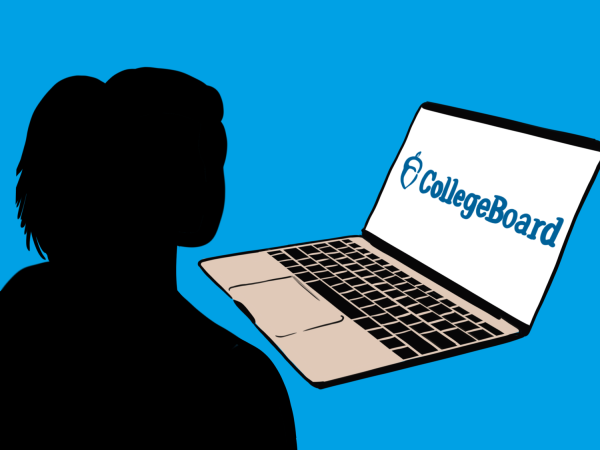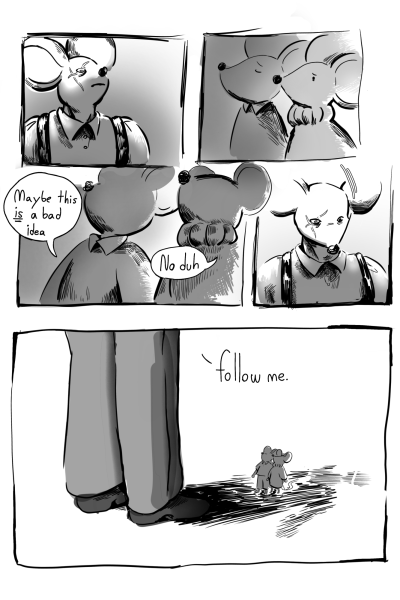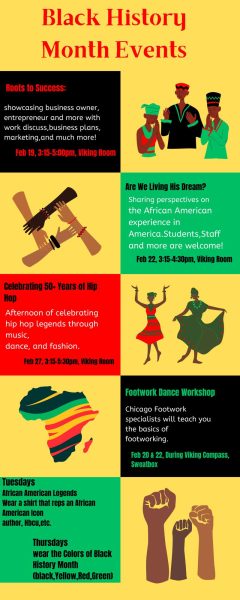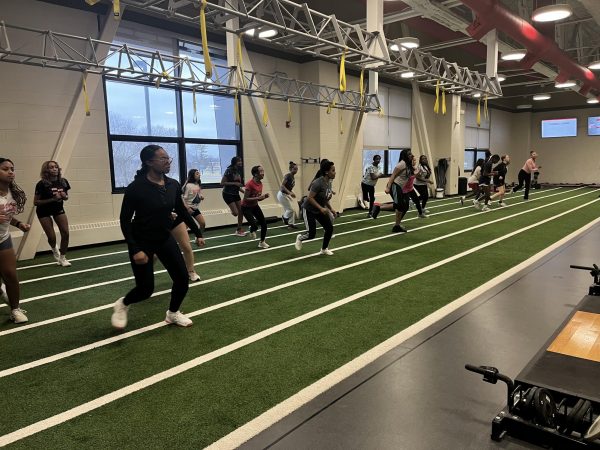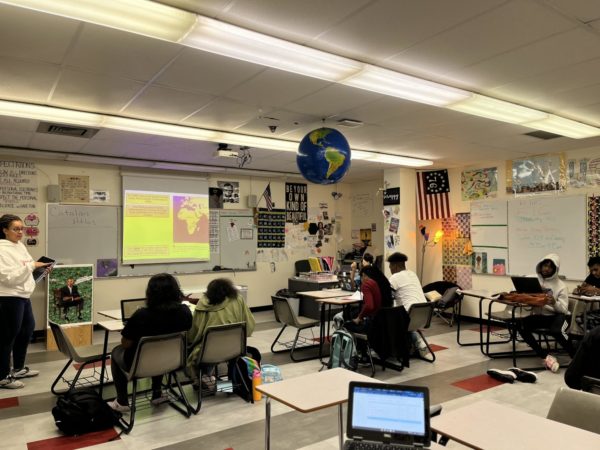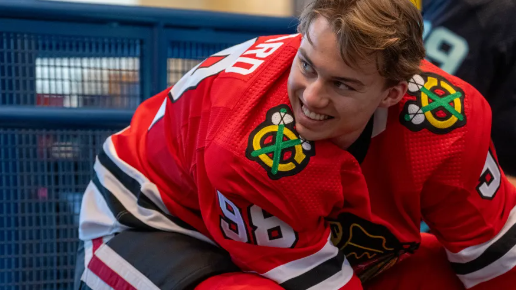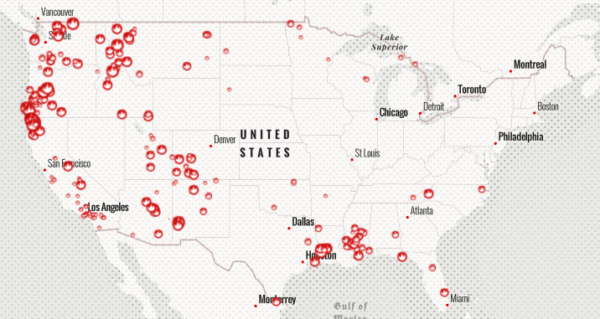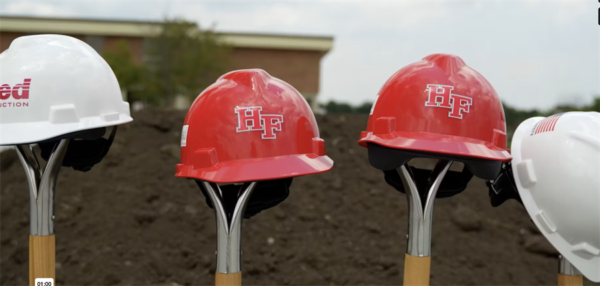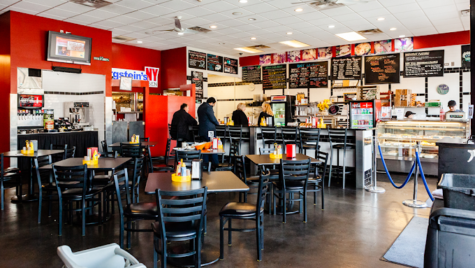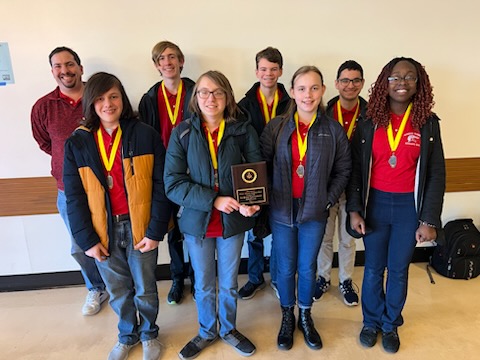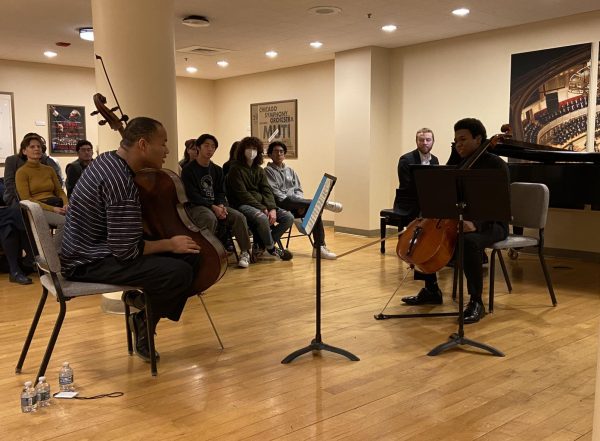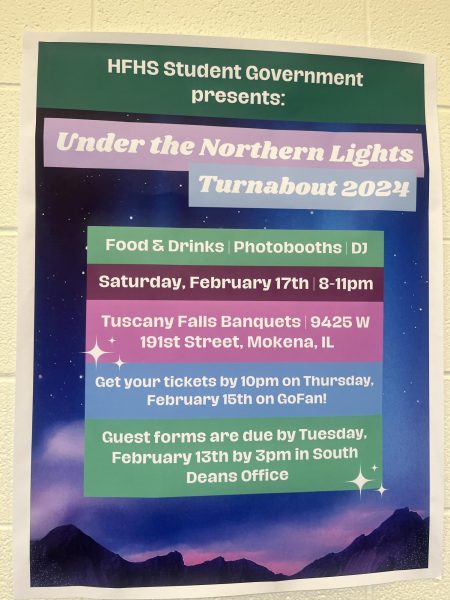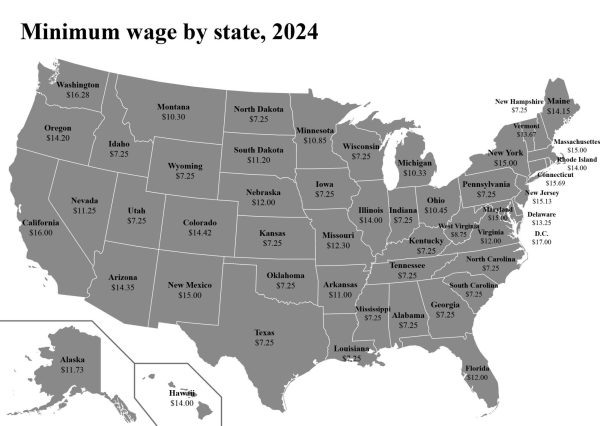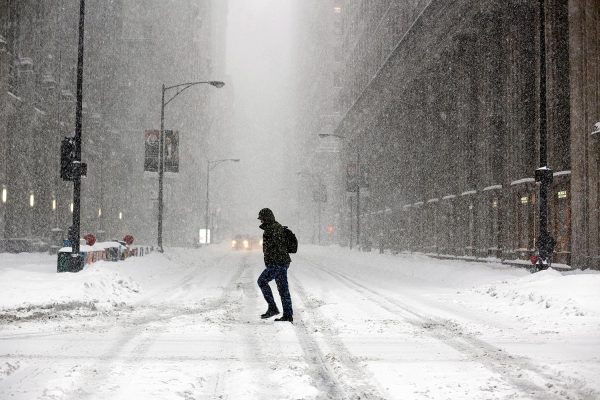Too opinionated?
Classrooms tackle social issues
With our country ultimately being split not only with the results of the presidential election, but also with many negative social and cultural events happening everyday, the question is how does one tackle these issues within the classroom.
Junior Lauren Parker felt as though her opinion was “shut out” or “told to be quiet” by her teacher.
“I knew it was based on race because the students saying negative racial things were given a to chance to speak” said Parker. “However, when I wanted to clarify their racial stereotypes and false accusations I was told to be quiet and most those telling me to shut up was my teacher.”
The stigma that politics and personal beliefs should not be discussed in a public setting gets challenged when certain departments are told to about current events.
“What is our job especially I think in departments like english and social sciences is to teach kids how to have polite discourse, how to talk and to think about these issues objectively.” Former Department Chair Jake Valliceli said. “So that they can think about what their value systems are and make their own judgements about how they feel candidates or positions on these issues.”
Comments that can be said during this discussion can be interpreted in the wrong way and taken away as disrespectful and rude.
“My guess is that controversial issues being talked about in the classroom can go sour when it kind of happens off the cuff.” said Coates. “When teachers or students are sort of taken back or surprised that it just came up.”
Students often try to avoid the topic in general but find it very hard to not share their opinion.
“Going too far in speaking about politics and social event is when heated arguments and fights begin to arise.” senior Hannah Trosen said. “Though it’s very hard, I think refraining from yelling/name calling is important because it doesn’t help get your point across but instead make the environment super hostile.”
After one of the most historic elections to happen in American history it leaves many students wondering where to go next. The majority of the HF student population was in favor of Clinton, but what about the teachers.
Department chair Carl Coates respects other people’s opinion even if they are indifferent to his own as long as they have a “logical evidence or reason”.
“Yes I do when asked I will tell them,” said Department chair of Social Science Carl Coates said. “If someone has a logical rational evidence based reason that disagrees with my personal opinion, then I will respect that likewise if somebody agrees with my opinion but has no logical evidence or reason then I don’t find that even more appealing.”
Classes tend to address controversia social issues like, the presidential election or the Black Lives Matter movement.
“Me and my fellow classmates were talking about black lives matter and white privilege, while I was talking my teacher cut in saying “Why can’t all lives matter?”.” junior Tiki Brown said. “I then respectfully tried to explain to him but his ignorance was too bliss, and we have been at odds ever since.”
Taking time out of class to address these events are not favored but they are needed in most cases. It’s important for teacher to explain to students how “democracy is supposed to function” but also it shouldn’t affect class time.
“The day after the election we talked about it for 10 minutes and then kids got it off their chest and we moved on.” Vallicelli said. “ It may be worth it if the kids need to process it but generally speaking if it doesn’t fit curricularly then it’s a very short period of time.”
Even though these issues affect everyone in the building teachers are paid to get student ready for the next stage in life academically.
“At the end of the day curriculum needs to be first and these kinds of conversations if they fit in are going to be ok, but what you really hope is that teachers are respectful and not using and abusing their power to impose their values on anyone.” said Valliceili
